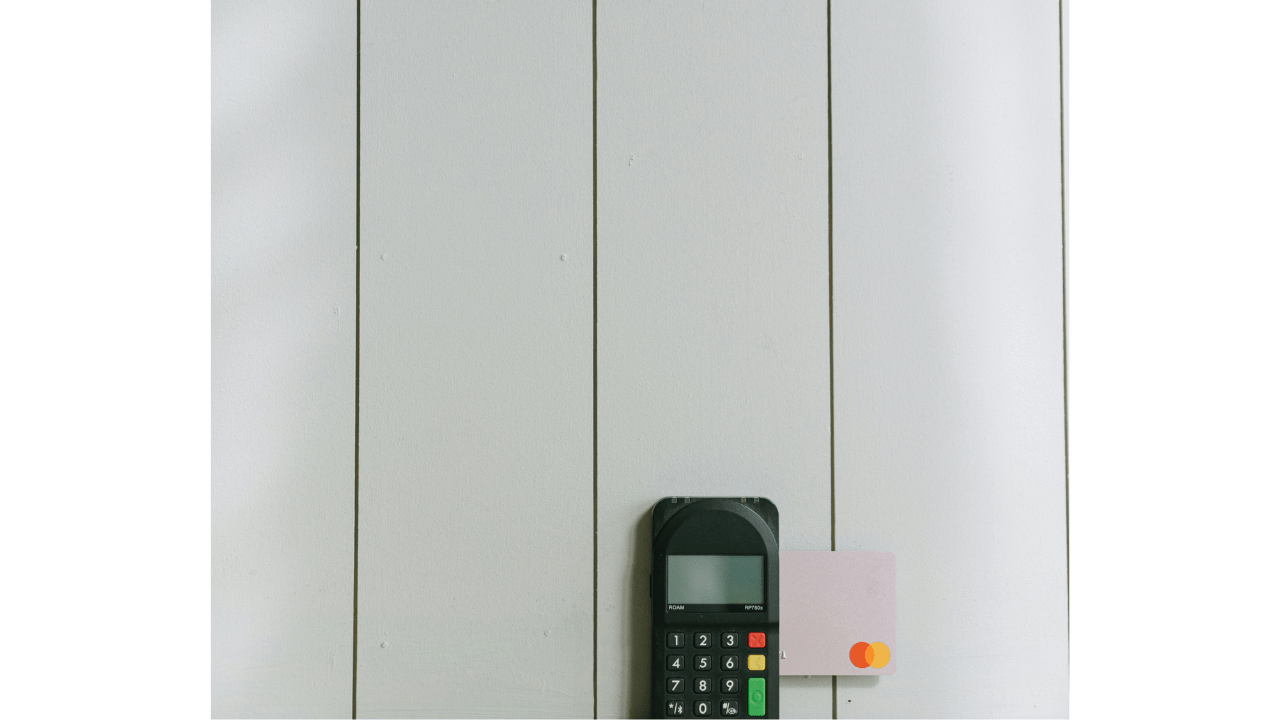
Good Debt vs. Bad Debt: How to Manage Both
They say all combined household debt in America currently adds up to 17 trillion dollars. While that’s not a number many may know how to write – it is likely that this is a number that you [and I] have contributed to. Unsurprisingly, Americans continue to add to this amount as we speak.
Starting in our early adulthood, we all remember those unforgiving student loans, the overwhelming first-time home mortgages, or the dreaded loans needed to start a small business venture. How about that first auto loan or big purchase on a credit card?
Of course, there is what we consider bad debt; credit card purchases and auto loans. This type of debt hurts you because the value depreciates over time. A new car loses its value the second you drive it off the lot. You can rack up money on your credit card for a high-ticket purchase and suddenly get slammed with extreme interest rates that are now impossible to tackle. Some debts are bad – while also surprisingly providing a few benefits. For example, student loans and small business loans can provide benefits given you obtain your degree or your business is successful. Mortgages allow you to build equity in a home over time.
If there is one piece of advice I can give you – ALWAYS weigh the risk of your decisions with debt and remember to consider how these decisions can and WILL affect your future. No matter the debt – it is crucial to manage your debt BEFORE your debt becomes unmanageable.
Here are 5 realistic tips for managing your debt – the good AND the bad:
Create an income-based budget.
Determine your total income and budget for all necessary bills – including your debt payments. By budgeting them into the current amount you bring home – you will ensure the payments are made, and no debt is affecting your financial health. Remember, having money left over to spend in your budget is okay. This would be a good time to consider paying the principal of your loan.
Prioritize your debt with the highest interest rates FIRST.
The highest interest rates will add more money to your debt balance. Tackling these first will prove to save you from owing more over time. It is important to avoid paying the minimum due on debts with high interest rates. This is how debt can create a snowball effect that quickly becomes unmanageable. Nobody wants to feel like they are hardly keeping their head above water due to poor financial decisions.
Consider a balance transfer or debt consolidation.
Transferring your balance can allow you to transfer a current balance with a high interest rate to a new company with a more attainable rate – sometimes even no interest for a set period. Another idea would be to consolidate multiple loans into one single personal loan with lower interest rates – or a debt consolidation loan to avoid paying multiple higher rates. You could also consider using a home equity loan to pay off your high-interest debts in exchange for a lower interest rate.
Don’t be afraid to negotiate.
You can discuss lower interest rates with your creditors by being open about your financial decisions. It is crucial to be transparent and consistent about your intentions to pay off your debt. Putting your best foot forward is likely to get you the best result. Even discussing other payment plan options can show your initiative, which is attractive to debt collectors.
Go that extra mile or get a side hustle!
No matter your career path or business venture, you should always prioritize taking new opportunities that will help your financial health. Whether that be by working overtime on a weekend or picking up an extra shift – those decisions will allow you the flexibility to pay more towards your debt. It couldn’t hurt to find a side gig either. Using your talents or learned skills can pay off when it comes to making a few extra bucks. This could be a creative project such as photography for a friend or putting some sweat into a job for your neighbor.
All in all, we get busy with the monthly bills and the luxuries life offers. I know that allowing yourself the extra money to put towards your dreaded debts is the last thing on your mind. Financial health is key to living a healthier, happier, stress-free life. Taking these hard steps towards tackling your debt today will greatly pay off for you in the long run. There’s no better time to start than now!

